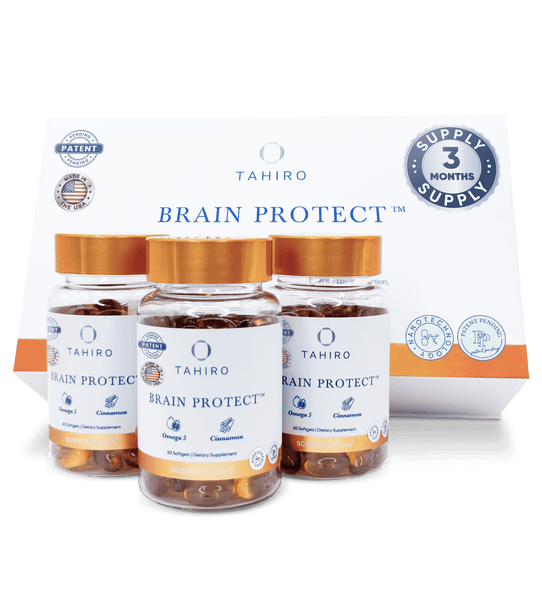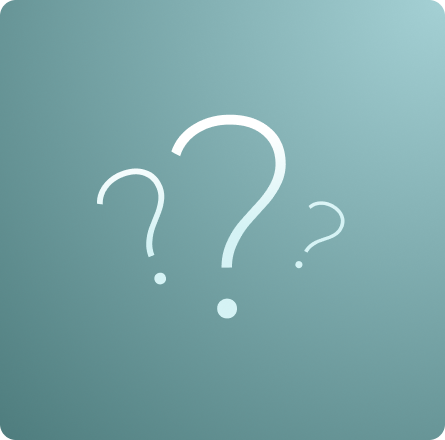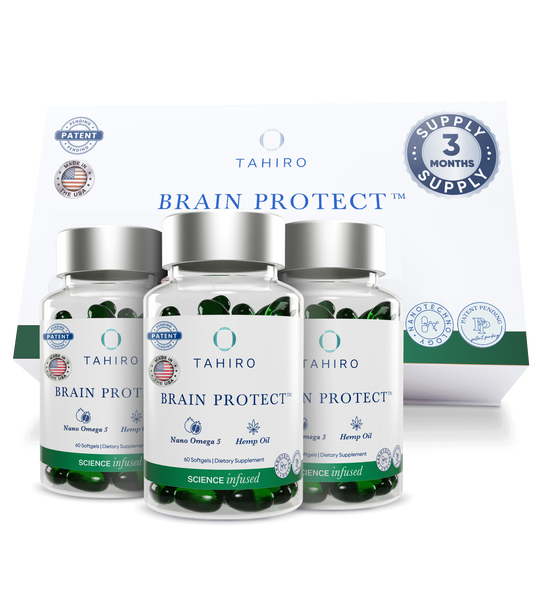As we age, we may experience changes in cognitive function and memory, but how do we know when those changes are indicative of something more serious, like early-onset dementia?
Dementia is a complex neurological disorder that can affect every aspect of our lives, from our ability to communicate to our sense of self. The onset of dementia can be subtle and gradual, making it challenging to identify and cope with. In this article, we will explore what the beginning of dementia feels like, and how to recognize the early symptoms of this debilitating disease. By understanding the early signs of dementia, we can take proactive steps to protect our brain health and maintain our quality of life.
So What Does Early Onset Dementia Feel Like?
Early onset dementia can be a slow and gradual process, making it difficult to recognize in the beginning stages. It is often mistaken for normal aging or memory loss, making it challenging to diagnose. The onset of dementia can be subtle, but there are some early signs that can help detect it. For instance, forgetfulness, confusion, and difficulty concentrating are some of the most common early symptoms of dementia. Patients may struggle with daily activities that were once simple, such as cooking, driving, or remembering names.
Research suggests that early onset dementia can also cause changes in mood and behavior, including depression, irritability, and apathy. In some cases, patients may exhibit unusual behavior, such as hoarding or obsessively collecting items. As the disease progresses, patients may also experience physical symptoms such as tremors, difficulty swallowing, and incontinence.
One of the challenges of detecting early onset dementia is that patients are often unaware of their symptoms or may be in denial. Additionally, it can be challenging for family members and caregivers to distinguish between normal ageing and early signs of dementia. However, it is essential to recognize these early symptoms and seek medical attention promptly.
What is typically the most obvious early symptom of dementia?
Memory loss is often the most obvious and well-known symptom of dementia. The inability to remember recent events, names, or faces can be a cause for concern, particularly if it begins to interfere with daily activities. However, memory loss alone does not necessarily mean someone has dementia. It is also essential to consider other factors such as age, stress, and lack of sleep.
One common early symptom of dementia is difficulty with language and communication. Patients may have trouble finding the right words or following conversations. They may also have difficulty expressing themselves, leading to frustration and withdrawal from social situations.
Another early symptom of dementia is difficulty with spatial and visual abilities. Patients may have trouble with balance, depth perception, and coordination. They may also have trouble recognizing familiar objects and faces
What are the Early stages of Dementia
The early stages of dementia can be challenging to recognize, as the symptoms are often subtle and can be mistaken for normal aging. However, there are some common stages that patients with dementia often experience. These stages can vary depending on the type of dementia, but some of the most common stages include:
-
Mild cognitive impairment (MCI): In this stage, patients may experience mild memory loss, difficulty with language and communication, and problems with decision-making and judgement.
-
Early-stage dementia: In this stage, patients may begin to experience more significant memory loss, confusion, and difficulty with daily activities. They may also exhibit changes in mood and behavior.
-
Middle-stage dementia: In this stage, patients may require more assistance with daily activities, such as bathing and dressing. They may also experience hallucinations, delusions, and behavioral changes.
-
Late-stage dementia: In this stage, patients may lose the ability to communicate and may become entirely dependent on caregivers for their basic needs. They may also experience physical symptoms such as difficulty swallowing and incontinence.
It is essential to note that the progression of dementia can vary from person to person, and not all patients will experience these stages in the same way.
How Does it Feel Being In Early Dementia Stages?
In the early stages of dementia, people may experience subtle changes in cognitive abilities and behavior. These changes may not be immediately noticeable, but they may gradually become more apparent over time. Common early symptoms of dementia include:
- Memory loss
- Language problems
- Disorientation
- Poor judgement
- Changes in mood or behavior
- Difficulty with problem-solving
- Loss of initiative
- Apathy
- Personality changes
As dementia progresses, these symptoms may become more severe, and additional symptoms may appear. It is important to note that everyone experiences dementia differently, and symptoms may vary depending on the underlying cause of the disease. It is also common for people with dementia to experience periods of lucidity or relative stability interspersed with periods of confusion or decline.
Can dementia feelings be characterized by confusion or disorientation?
Confusion and disorientation are common early symptoms of dementia. People with dementia may struggle to remember familiar places, names, or faces, and may become lost or disoriented in unfamiliar surroundings. They may also experience difficulty following conversations or making sense of information, and may become confused about the time of day or day of the week. In addition to memory problems, dementia can also cause changes in perception, such as difficulty judging distance or depth perception, which can lead to falls or accidents.
Researches
Research has shown that confusion and disorientation are among the earliest signs of dementia, often appearing before memory loss or other cognitive symptoms. In one study, researchers found that people with early-stage dementia were significantly more likely to experience disorientation than those without dementia. Other studies have also found that confusion and disorientation are strong predictors of cognitive decline and progression to dementia.
How can I test myself for early dementia?
There are several tests that can be used to assess cognitive function and detect early signs of dementia. One commonly used test is the Mini-Mental State Examination (MMSE), which assesses a person's orientation to time and place, attention and calculation skills, language abilities, and memory recall. The MMSE is a simple and quick test that can be administered in a doctor's office or clinic, and can help identify early cognitive impairment that may indicate dementia.
Other tests that may be used to detect early signs of dementia include the Montreal Cognitive Assessment (MoCA), which assesses a person's memory, language, visuospatial abilities, attention, and executive functions, and the Clock Drawing Test, which assesses a person's visuospatial and executive function abilities. These tests can also help identify early cognitive impairment that may indicate dementia.
It is important to note that while these tests can be useful in detecting early signs of dementia, they are not definitive and should not be used as a substitute for a thorough medical evaluation. If you or a loved one are experiencing memory problems or other cognitive symptoms, it is important to consult with a healthcare professional for an accurate diagnosis and appropriate treatment.






